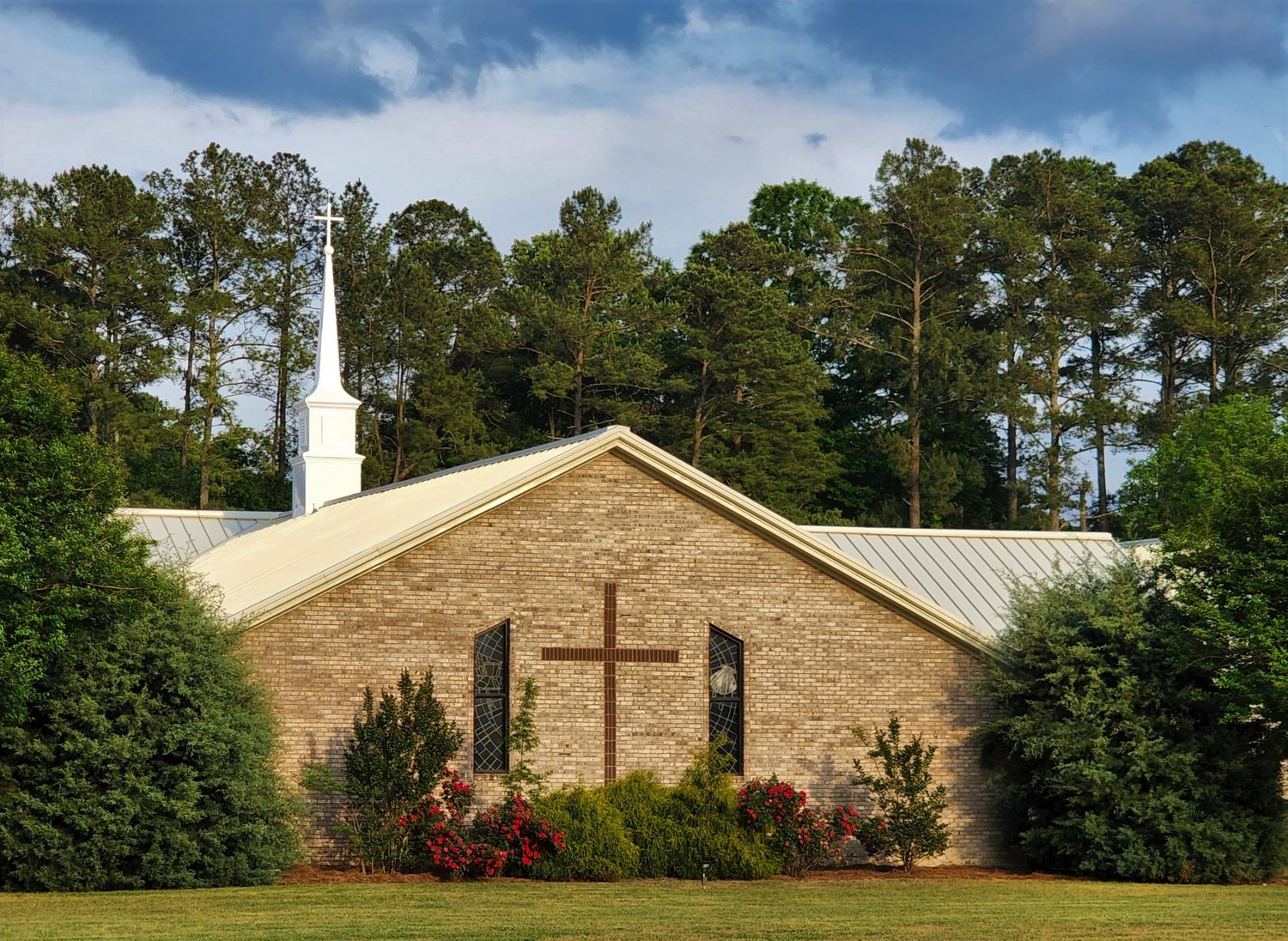Why the name Lutheran?
The Reformation of the 16th century, led by Martin Luther, was not intended to create a new church body. Rather, it was an attempt to correct the false teachings that had crept into the church of that time. Luther was motivated by a sincere belief in the saving power of the Gospel of Jesus Christ. He insisted, and rightly so, that salvation is only by God's grace through the death and resurrection of Jesus Christ, not by human works, rites, or traditions. Such conviction soon found him at odds with church authorities, some of whom felt his beliefs threatened the status quo. Eventually, he was excommunicated (kicked out) for his beliefs.
Originally, adherents to Luther's theology were called "Evangelicals," which implied their emphasis on the oneness of all Christians and the primary function of the church as a whole - sharing the freeing Gospel with the world. Over time, however, supporters of Luther's theology became known by their detractors as "Lutherans," a name that Luther personally disliked. Actually, in a very real sense, the name Lutheran is not so much a tribute to the reformer as it is a doctrinal statement. In other words, "Lutheran" identifies our beliefs and practices.
What does "Missouri Synod" mean?
The word synod means, "walking together." Although all of our 6,000 congregations in the United States believe and teach the same Biblical truths, each is unique and autonomous, reflecting the great diversity of the 2.6 million people we serve.
The Lutheran Church-Missouri Synod is also identified by its great emphasis on Christian education. We administer the largest Protestant school system in the United States, operating 2,000 preschools, elementary schools, and high schools. We also operate 10 colleges and universities, and two seminaries.
Across the nation and extending around the world, services can be found in any number of languages and in many different worship styles, all united in our belief in Jesus Christ - the one and only Light of the world. The Missouri part of the name comes from the fact that the founders of our synod came from Missouri. The name Missouri Synod has stuck ever since.
What are the Lutheran Confessions?
Written at the time of the Reformation, they are Biblically based documents that explain and defend Christian faith and life against the theological errors and church abuses that led Luther to dissent. They were designed to be a thorough, systematic defense against various theological errors, some of which are still prevalent today. While not all Lutherans are of one mind insofar as the meaning and relevance of the Confessions in today's culture, we in the Missouri Synod believe they are timeless and faithful expressions of Biblical truth and are as relevant and meaningful today as they ever were.
Perhaps the best known and widely used of the Lutheran Confessions is Luther's Small Catechism, written in 1529. It is a collection of Scripture references and includes questions and answers on six Bible topics: the Ten Commandments, the Apostles' Creed, the Lord's Prayer, Confession, Holy Baptism, and Holy Communion. Originally designed to teach the basics of the Christian faith to the young, it is still regarded as the primary textbook of the Lutheran faith for all ages.

